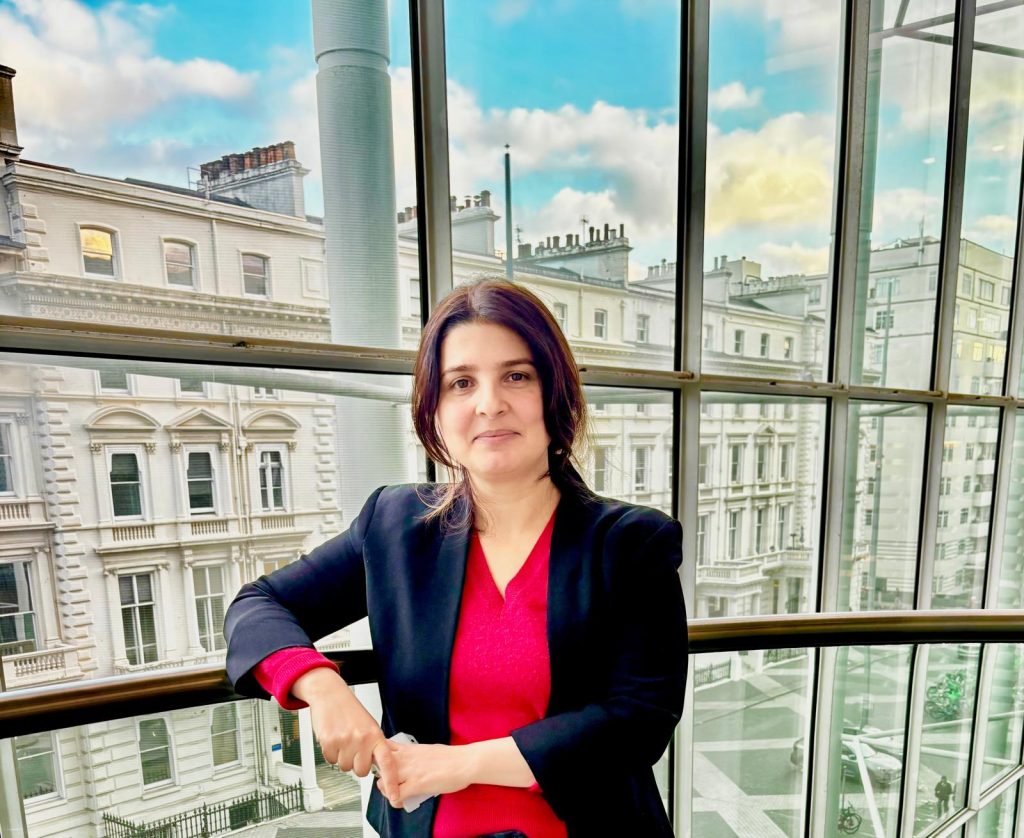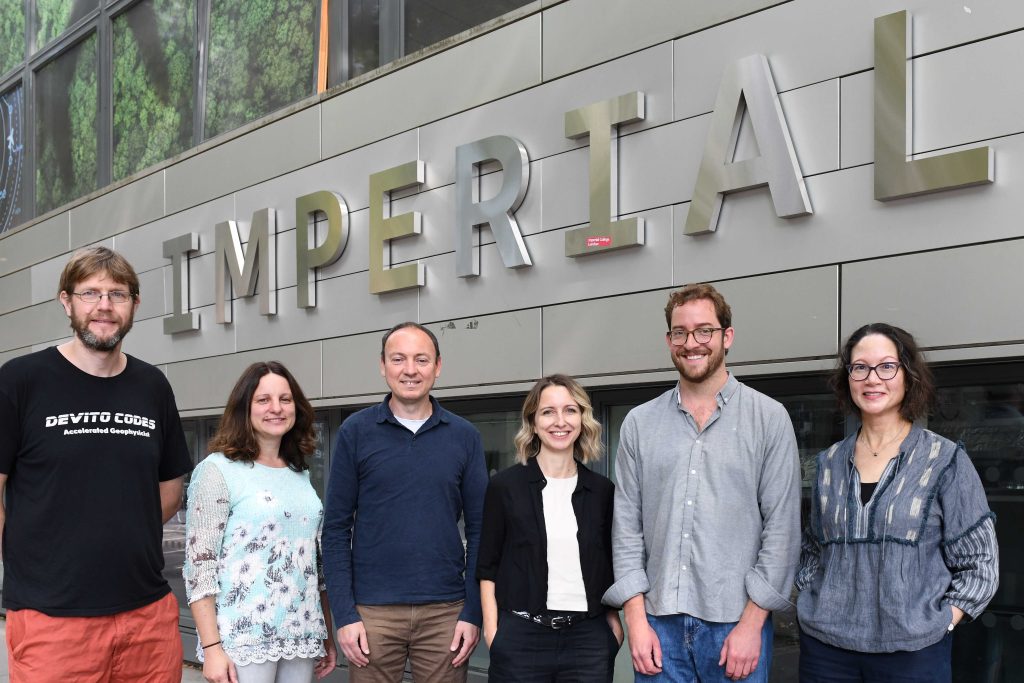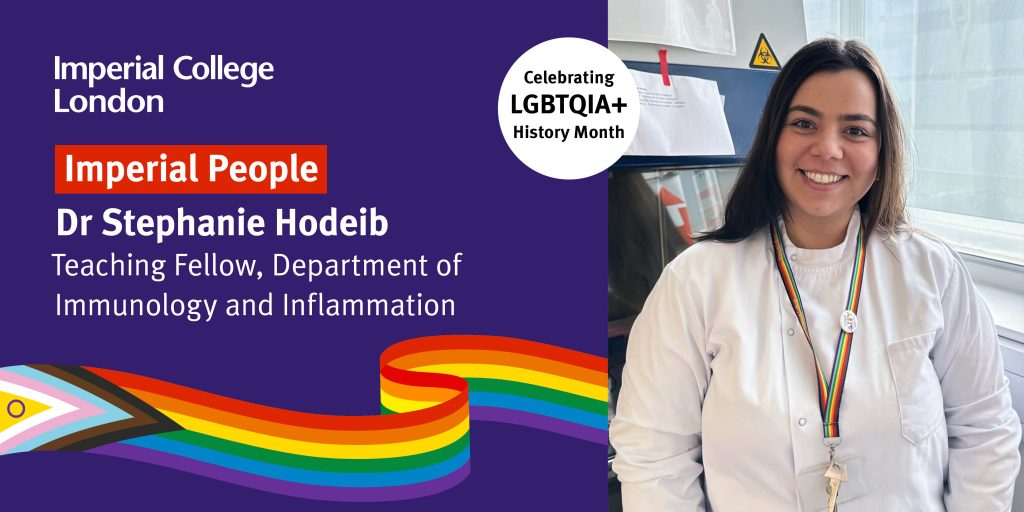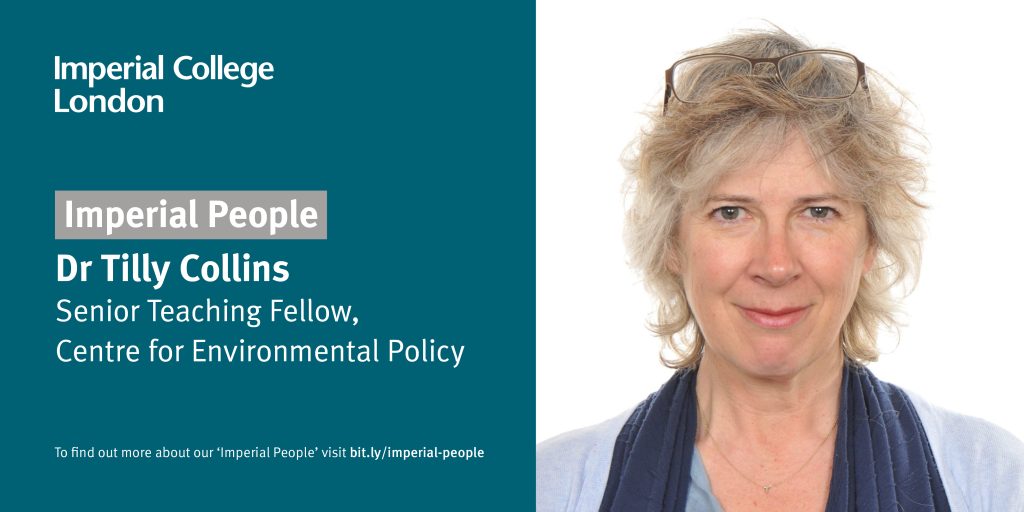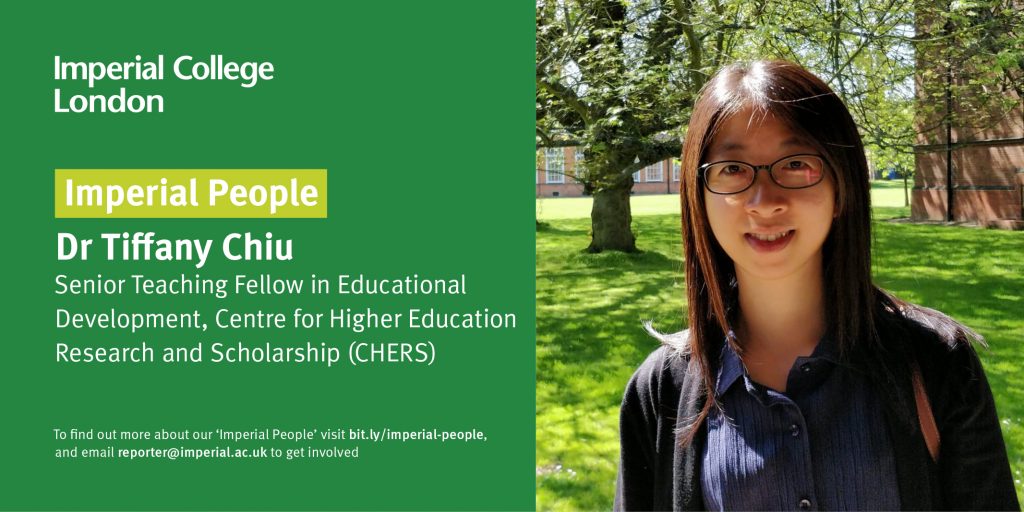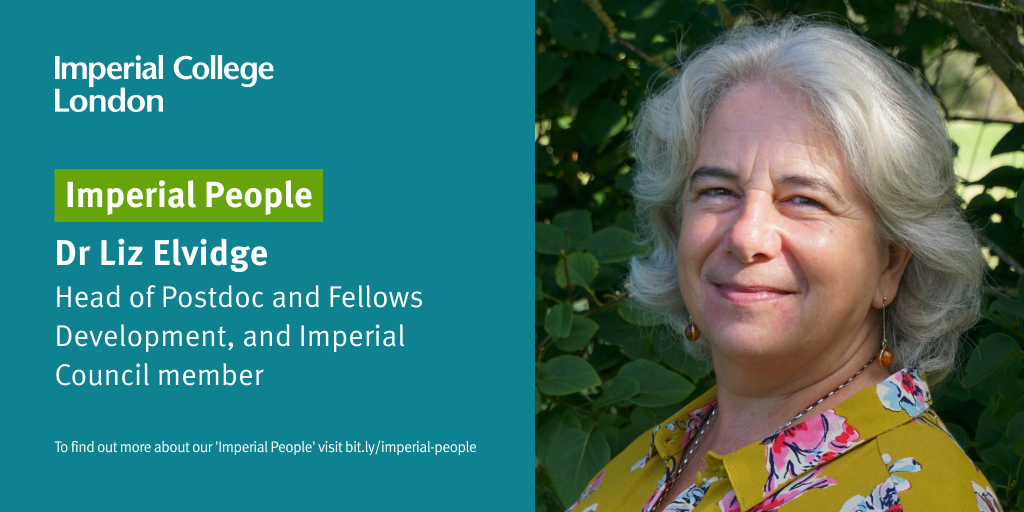
For Women at Imperial Week, we are profiling Liz Elvidge who is a member of the Council, Imperial’s governing body.
“Throughout my career I have always been passionate in supporting women, and I’ve had great opportunities at Imperial to do this.”
I started at Imperial on 5 May 2008. It was not the nicest first day I’ve ever had – dirty coffee cups on the desk, a broken chair and desktop. I almost didn’t come back for the next day! Anyway, clearly I did. In 2009 I launched the Postdoc and Fellows Development Centre, the first of its kind in the UK. The Centre is dedicated to providing support, and development opportunities for our Postdocs and Fellows. Nearly 16 years later, I’m still head of the Centre.
I also introduced the Springboard Women’s Development Programme to the university, which is a programme for any female members of staff who want to set goals, build confidence and network. It has had a huge impact on the participants. Throughout my career I have always been passionate in supporting women, and I’ve had great opportunities at Imperial to do this.
In 2015 I was awarded the Dame Julia Higgins Medal for ‘outstanding support for early career researchers and academics’. It was an absolute career highlight. The medal was presented at the Graduation Ceremony in the Royal Albert Hall. I didn’t know I had been nominated so it was such a lovely surprise. Nine years later, there has been significant effort via the Athena Swan work to support women, but I think there is much work still to do – particularly for early career academic women. There are of course examples of excellence across the university, but this can be very variable.
Last year I was appointed to Imperial’s Council in the new membership position, drawn from Imperial’s academic job family. I applied because I wanted to have the opportunity to represent both the academic job family, and women at the highest level at Imperial. The appointment of four women to the Council has been a significant step forward.
Outside of Imperial I’m a newly appointed Magistrate, which is both rewarding and interesting. I live in a small village in Cambridgeshire with approximately 130 houses, but no facilities, shop, bus service or school. But I am very much embedded in the community. For example we have a monthly pop-up pub on the first Friday of the month, so you’ll find me serving behind the bar (kitchen hatch). I also co-ordinate the speedwatch volunteers group that monitors car speeds through the village – I love a high-vis jacket.
Finally, I’m been committed to fundraising for Cancer Research UK since 1998. Last year I did the skipping challenge. This month I’ll be doing the ‘Walk all over cancer’ challenge.
Look out for our second Women at Imperial Week profile which, will be published on Wednesday.
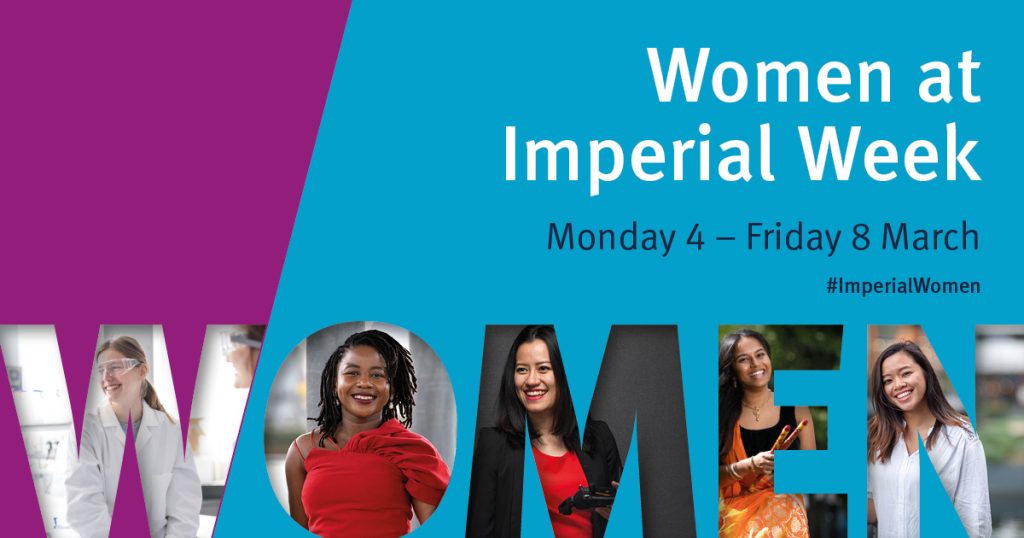
Read Dr Liz Elvidge, Head of Postdoc and Fellows Development, and Imperial Council member in full
